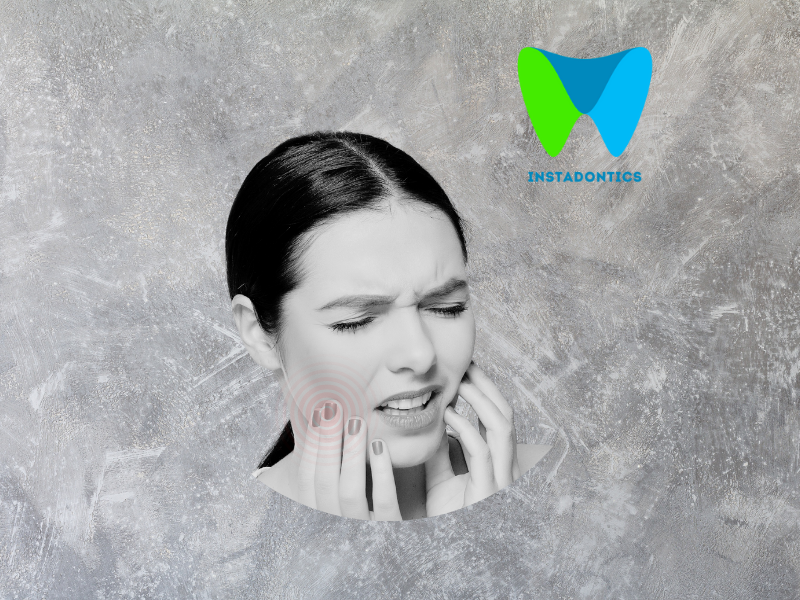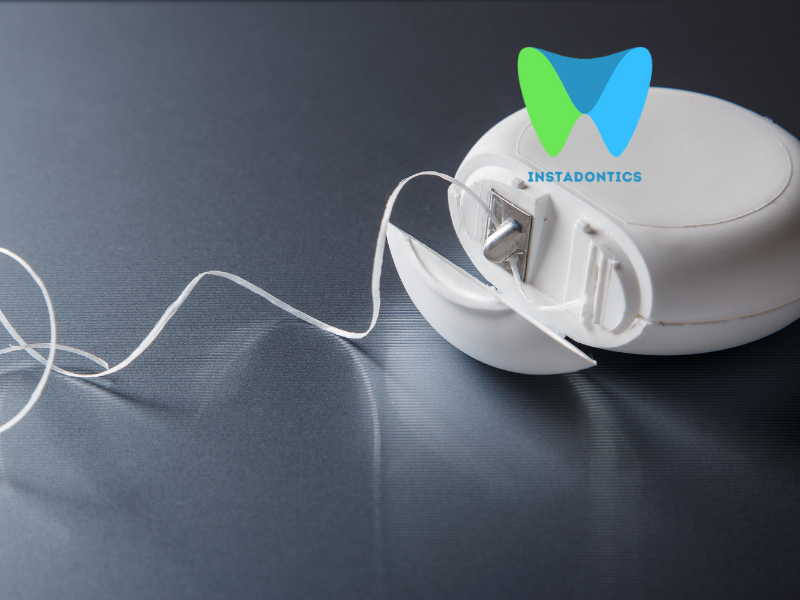When it comes to maintaining a healthy smile, brushing your teeth is non-negotiable. But have you ever wondered whether you should brush your teeth before or after breakfast? This seemingly simple question has sparked debates among dental professionals and oral hygiene enthusiasts alike. Let’s dive into the details to help you make the best decision for your oral health.
The Case for Brushing Before Breakfast
1. Protects Your Enamel
When you sleep, bacteria in your mouth multiply, forming a sticky layer of plaque. Brushing first thing in the morning removes this plaque and prevents it from interacting with the acids in your breakfast, which can weaken enamel.
After a long night’s sleep, your mouth becomes a breeding ground for bacteria. These bacteria multiply and form a sticky layer of plaque on your teeth. By brushing first thing in the morning, you remove this plaque buildup, which is crucial. If left untouched, this plaque can mix with the acids in your breakfast (such as citrus or coffee), leading to the erosion of your tooth enamel. Brushing before breakfast helps prevent this harmful interaction, keeping your enamel intact and your smile shining.
2. Boosts Saliva Production
Brushing stimulates saliva flow, which is your mouth’s natural defense against bacteria and acids. Saliva also helps remineralize your teeth, keeping them strong.
One of the lesser-known benefits of brushing before breakfast is that it stimulates the flow of saliva in your mouth. Saliva plays a critical role in your oral health by neutralizing acids that cause decay. It also contains minerals that help remineralize your teeth, keeping them strong and healthy. By brushing before you eat, you’re essentially giving your mouth a head start in the battle against bacteria and acidity, preparing your teeth for whatever comes next.
3. Eliminates Morning Breath
Let’s face it—morning breath isn’t pleasant. Brushing before breakfast freshens your mouth and makes your morning meal more enjoyable.
We’ve all been there—waking up with that less-than-fresh feeling in our mouths. Morning breath is a natural result of bacteria accumulating overnight. Brushing before breakfast helps eliminate that bacteria and freshen your breath, making your morning meal more pleasant. This simple act not only improves your oral hygiene but also enhances your overall morning experience, ensuring you start your day with confidence.
4. Avoids Acidic Damage
Many breakfast foods and drinks (like orange juice, coffee, and pastries) are acidic. Brushing immediately after eating can actually harm your enamel, as it’s temporarily softened by acids. Brushing beforehand avoids this risk.
Breakfast foods can often be acidic—think of orange juice, grapefruit, coffee, or even pastries. If you brush your teeth immediately after eating, you’re putting your enamel at risk. This is because the acids in your food temporarily soften your enamel, making it more vulnerable to abrasion. Brushing beforehand ensures that your enamel remains strong and protected, as it hasn’t been softened by acids yet. This precaution goes a long way in preserving your dental health over time.
Should You Brush Before or After Breakfast
The Case for Brushing After Breakfast: What You Should Know
While brushing before breakfast has clear advantages, some people prefer to brush afterward. Here’s why:
1. Removes Food Particles
Brushing after breakfast helps clear away food debris, sugars, and other particles that can feed bacteria. This is especially important if you’ve eaten sugary or carbohydrate-rich foods, as they can contribute to plaque buildup and, ultimately, cavities. By brushing right after your meal, you ensure that your mouth is free from the remnants of your breakfast.
2. Freshens Your Mouth for the Day
Brushing after breakfast guarantees that your breath stays fresh throughout the day, particularly if you’ve consumed strong-smelling foods such as garlic, onions, or coffee. This step is essential for those who want to make sure their breath remains pleasant after their morning routine.
3. Prevents Staining
If you enjoy a cup of coffee or tea as part of your breakfast, you know the staining potential of these beverages. Brushing after breakfast can help reduce the likelihood of these stains setting in, ensuring that your smile stays white and bright.
The Verdict
Brush Before Breakfast for the Best Protection
Most dental professionals recommend brushing before breakfast for several compelling reasons:
- It removes overnight plaque and bacteria buildup, setting you up for a cleaner mouth throughout the day.
- It protects your enamel by preventing acidic foods and drinks from weakening it.
- It stimulates saliva production, which helps neutralize acids and remineralize your teeth, giving them the strength they need to combat the day’s challenges.
That said, if you prefer to brush after breakfast, make sure to wait at least 30 minutes. This waiting period gives your saliva time to neutralize acids and allows your enamel to reharden, reducing the risk of damage from brushing too soon after eating.
In conclusion, while there’s no one-size-fits-all answer to whether you should brush before or after breakfast, brushing before is generally considered the best option for long-term oral health. It’s a simple step that sets the tone for a healthier mouth and a fresher, more confident start to your day. So, the next time you reach for that toothbrush, remember: your enamel will thank you! the risk of damage.
Tips for Optimal Morning Oral Care
- Brush Properly: Use a fluoride toothpaste and brush for two minutes, covering all surfaces of your teeth.
- Rinse After Eating: If you can’t brush after breakfast, rinse your mouth with water to remove food particles and neutralize acids.
- Chew Sugar-Free Gum: Chewing gum stimulates saliva flow, which helps clean your mouth and strengthen enamel.
- Stay Consistent: Whether you brush before or after breakfast, the most important thing is to maintain a consistent oral hygiene routine.
While brushing before breakfast is generally the best practice, the most important thing is that you’re brushing regularly and effectively. If you’re unsure what’s best for your specific situation, consult your dentist for personalized advice. After all, a healthy smile is always in style! 😊



